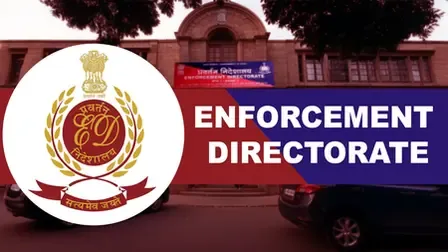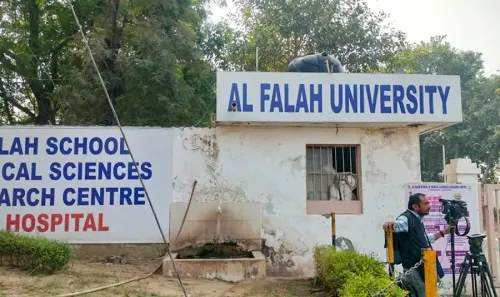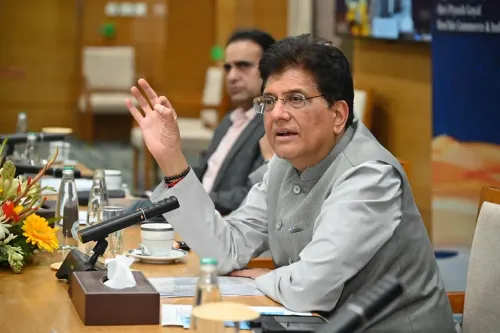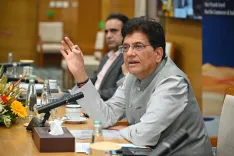Why Did ED Attach Three Properties Worth Rs 2.13 Crore?

Synopsis
Key Takeaways
- The ED attached properties worth Rs 2.13 crore linked to a major money laundering investigation.
- Cybercrime cases involved are worth over Rs 100 crore.
- The accused used cryptocurrency to launder their illicit gains.
- Regulatory scrutiny was evaded through the use of 'Hawala Operators'.
- Several individuals have been arrested under the PMLA, 2002.
Surat, Nov 18 (NationPress) The Enforcement Directorate (ED) has provisionally attached three immovable assets valued at Rs 2.13 crore as part of a money laundering investigation linked to various cybercrime incidents, including digital frauds, that involve over Rs 100 crore, according to an official announcement made on Tuesday.
The accused are believed to have transformed their illicit earnings from victims into cryptocurrency (USDT) by channeling the funds through numerous 'Hawala Operators', stated the ED.
The ED's Surat Sub-Zonal Office took action on Monday to attach properties belonging to Makbul Abdul Rehman Doctor and his family members, the official revealed in a statement.
Previously, during the investigation, four individuals—including Makbul Abdul Rehman Doctor, Kaashif Makbul Doctor, Mahesh Mafatlal Desai, and Om Rajendra Pandya—were apprehended under the Prevention of Money Laundering Act (PMLA), 2002 for various offenses associated with the legislation.
Based on inquiries conducted by the Special Operations Group of Surat Police, the ED commenced its investigation against Makbul Doctor and others under the provisions of PMLA, 2002.
In this case, Makbul Doctor, along with his sons Kaashif and Bassam and other accomplices, have been accused of defrauding unsuspecting individuals through multiple cyber scams, such as digital arrests and forex trading, while also threatening innocent people with fake notices purportedly from law enforcement agencies like the Supreme Court of India and the ED.
To facilitate the laundering of the Proceeds of Crime, they allegedly opened or arranged bank accounts under the names of employees, associates, or hired individuals to gather and accumulate these funds.
Moreover, for the management of these bank accounts, the accused procured pre-activated SIM cards using similar methods, the ED indicated in a statement.
During the money laundering investigation, the ED discovered that Makbul Doctor, Kaashif Makbul Doctor, and others had laundered the proceeds generated from criminal activities by converting them into cryptocurrency (USDT), routing funds through various 'Hawala Operators' to avoid regulatory scrutiny and facilitate money laundering.









